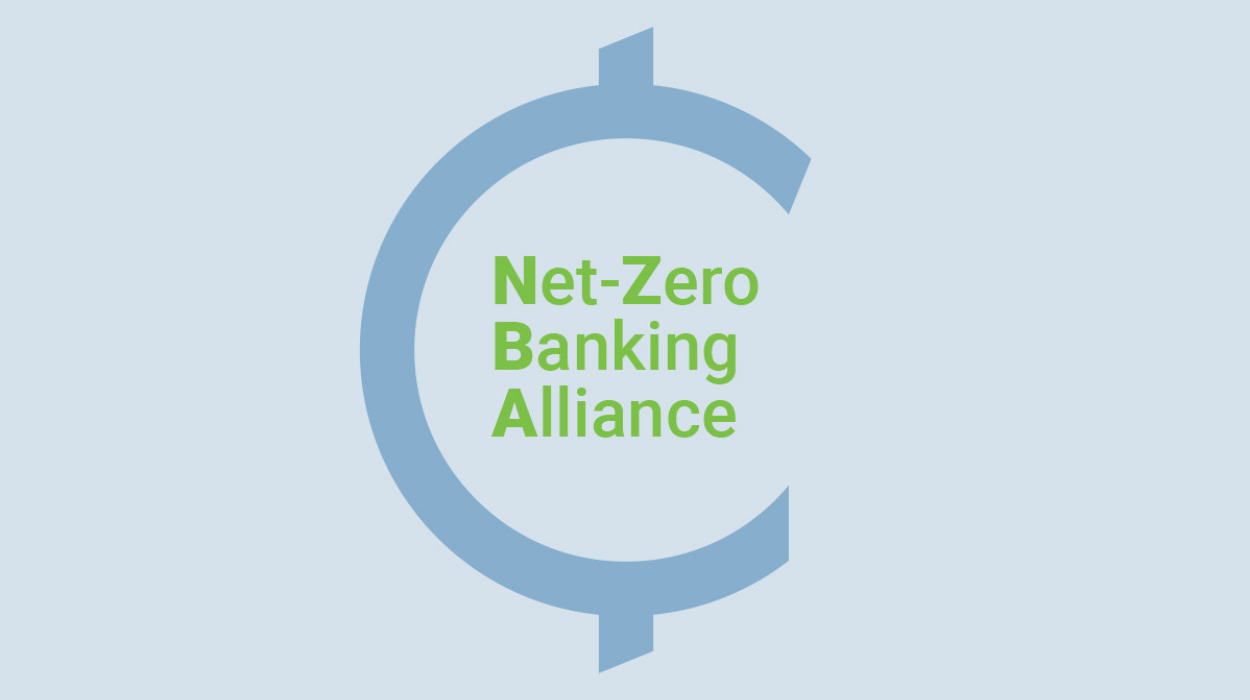
A Shift in Climate Commitments
The Net Zero Banking Alliance (NZBA), a coalition of over 120 global banks supported by the UN, has officially voted to relax its commitment to the 1.5°C climate goal. Instead, it is now aligning with the broader “well below 2°C” target outlined in the Paris Agreement. This move marks a significant shift in the banking sector’s approach to addressing climate change, reflecting broader challenges in global decarbonization efforts.
Read Also: UK Eases Electric Vehicle Transition to Shield Auto Sector from US Tariffs
Reasons Behind the Change
The shift in climate targets comes amidst growing political and economic difficulties, particularly in markets like the United States and the United Kingdom. The NZBA cites several factors contributing to this decision, including coordination issues, slow political progress, and fiduciary risks that have made it more difficult to adhere to ambitious decarbonization goals. While the NZBA still maintains that the 1.5°C target remains its primary goal, the vote, supported by 90% of participating members, acknowledges the slower-than-expected pace of transition in key sectors such as housing and aviation.The 1.5°C Commitment: A Challenging Goal
Shargiil Bashir, president of the NZBA and sustainability director at First Abu Dhabi Bank, emphasized the difficulty of achieving the 1.5°C goal. “We are at the halfway point of this critical decade for climate action, and we need all sectors, including banking and finance, to step up,” Bashir stated. He added that while the 1.5°C target remains central, some industries are not progressing as expected. This includes both technological and policy developments that have not evolved quickly enough to support the transition to a net-zero economy.
Slow Progress in Key Sectors
Bashir further explained that the knowledge available in 2021 about what was achievable in the decarbonization process was much different from the reality today. “Some industries do not know how to transition, either because the technology is not advancing fast enough or because policy frameworks are not moving at the required pace,” he said. This evolving situation underscores the challenges the financial sector faces in meeting its climate objectives.
Impact on the Banking Sector
The decision to relax the climate target is not an isolated incident. Several major banks, including HSBC, Morgan Stanley, and Wells Fargo, have also delayed or scaled back their net-zero emission goals, citing practical obstacles and increased political scrutiny of ESG strategies. According to Simon Hallett, climate strategy head at Cambridge Associates, “Over the years, their subordinates have tried to meet these commitments — and realized it was very difficult due to the huge coordination problem.”
Criticism and Concerns
The NZBA’s decision has drawn significant criticism from climate activists and legal experts. Critics argue that this pivot undermines the credibility of voluntary climate commitments, especially given that only 30% of major emitters currently have transition plans aligned with the 1.5°C target.
Jeanne Martin, co-director of corporate engagement at ShareAction, expressed deep disappointment, stating, “We are deeply disappointed that major banks have pushed the NZBA to relax its 1.5°C guidelines… especially as we are witnessing historic droughts and catastrophic flooding.” She emphasized, “Every 0.1 degree matters… and the financial risks for banks and their investors are growing.”
Legal Risks
Legal experts have also raised alarms about the potential legal repercussions of this shift. Without a clear and defendable justification, banks may face lawsuits for abandoning their previously set climate goals. Becky Clissmann, a lawyer at Ashurst, warned that courts might find it challenging for banks to explain their change of stance, particularly if it is seen as a failure to align with the science and political context. “By recognizing the science and the political context, and acknowledging that the 1.5°C target seems increasingly unachievable, courts may find this a compelling narrative,” she said.
The Path Forward for NZBA
Despite the controversy surrounding the shift, the leadership of the NZBA highlights that this change marks a transition from setting targets to implementing them. The alliance will now provide its members with practical tools, such as sector-specific guidance and capacity-building webinars, to help them transition toward net-zero. Additionally, the NZBA is exploring alternative methods, such as carbon markets and the accounting of avoided emissions, to support the implementation of climate goals.
Conclusion
The NZBA’s decision to soften its commitment to the 1.5°C target highlights the challenges faced by the financial sector in addressing climate change. While the shift reflects real-world obstacles in decarbonizing key sectors, it also raises concerns about the credibility of climate commitments in the banking industry. As legal risks and public scrutiny grow, the NZBA will need to navigate these challenges carefully to maintain trust and drive meaningful climate action in the future.
This article is originally published on: esgnews





